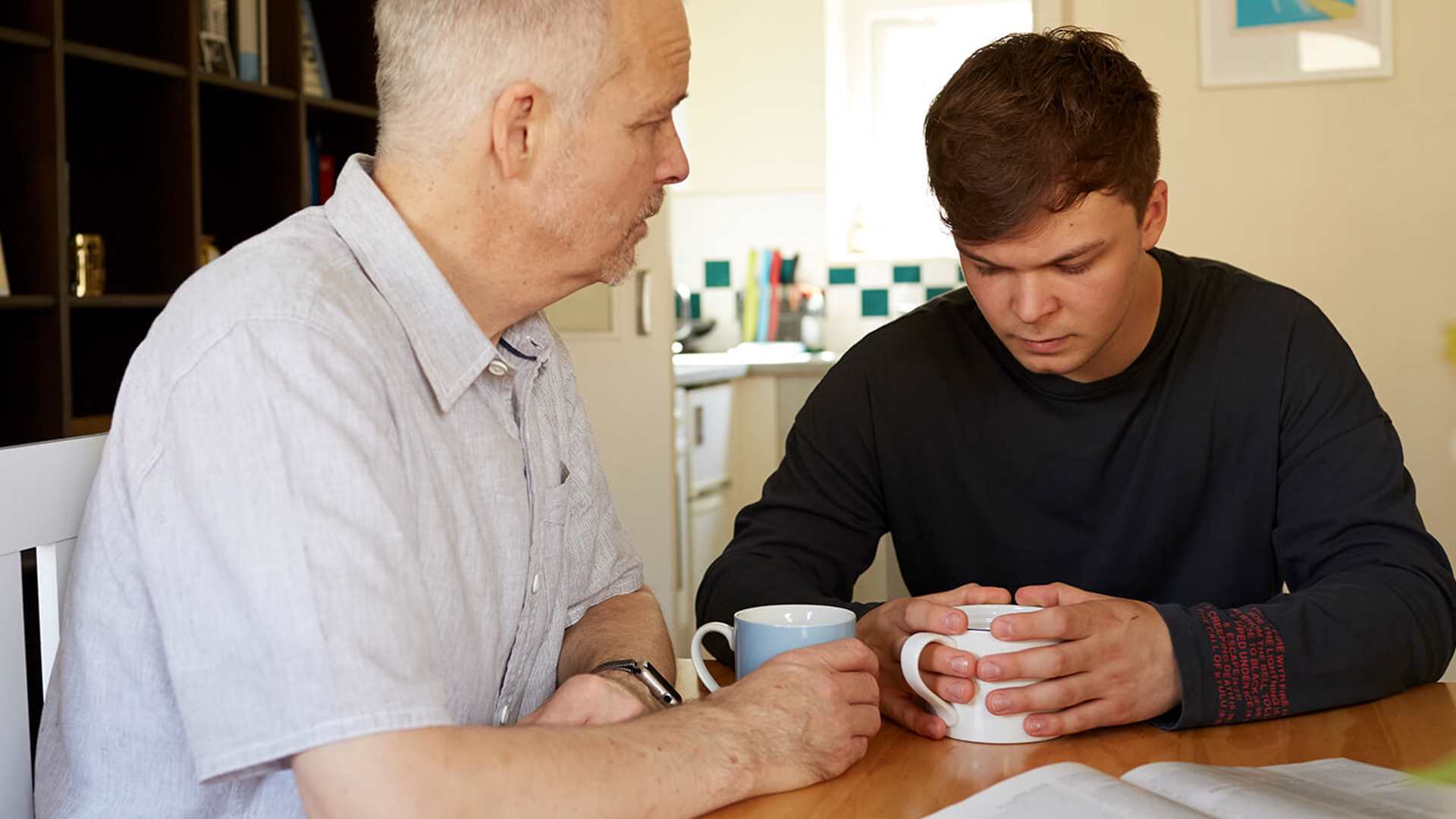Topics mentioned: inpatient care, reaching out for help
About: If you are in hospital for your mental health under section and you don’t think you should be, you can ask a Mental Health Tribunal to review the decision. Here is one account of what that experience is like.
I definitely needed to be in hospital - which I agreed with - but I also simultaneously felt that I could be there without having to be on section.
Why I wanted a Mental Health Tribunal
I decided for a Mental Health Tribunal because I was put in a position where I felt as though I was being detained without any substantial reason. I had already been in hospital for a long while and I didn’t feel renewing my section was necessary.
I was at a crucial point in my life and within the next six months I had a lot going on for me (like GCSEs). Although part of me really did want to take more of an active role within my life, no one seemed to believe me and felt that my hopeful thoughts were too inconsistent.
I had been in services for a very long time at this point, so my psychiatrist did not want to take any risks with me. I definitely needed to be in hospital - which I agreed with - but I also simultaneously felt that I could be there without having to be on section.
Although my team were able to understand this they felt that if my section was lifted then I would become non-compliant and I would consistently be attempting to leave. So, they wanted to play the safe bet.
I was then given a list of free lawyers/solicitors to pick and use to get guidance.
The lead-up to my tribunal
In order to have my tribunal, I had to request to appeal my section, which I spoke to my key nurse about. She then arranged for me to see the unit’s advocate who was able to talk through what a tribunal is and what that means for me. I was then given a list of free lawyers/solicitors to pick and use to get guidance on when to officially apply for the tribunal.
My family were very supportive of the tribunal as they hated the idea of me being affiliated with a section. I knew what to expect of my tribunal as a lot of the patients I was in hospital with had had tribunals in the past. They told me exactly what was going to happen, who was going to be there and what it’s like from a patient’s perspective.
I wasn’t scared about my tribunal because either way I knew I had nothing to lose; I wasn’t seeking discharge because I knew I wasn’t well, I just wanted to be able to stay in hospital informally. I had already been on section and I was aware of what it was going to feel like to be back on section, so this tribunal was just more of a chance to try and hope for the best.
This was my one chance to get some kind of authority and control back into my life.
At the tribunal
The tribunal happened in a separate room within the hospital and there were several people present. I remember feeling very assertive and strong walking in, because this was my one chance to get some kind of authority and control back into my life.
Unfortunately, my tribunal did not end the way I wanted and I did not win my case. The events that unfolded after this completely broke me, I was extremely distraught to say the least and had to be given rapid tranquilisation and be left in seclusion.
Make sure you genuinely feel like you have a solid case behind you, and that you and those around you genuinely feel that it’s the right decision.
My advice on Mental Health Tribunal
Having been to a Mental Health Tribunal, some advice I would give on how to prepare is to make sure you genuinely feel like you have a solid case behind you, and that you and those around you genuinely feel that it’s the right decision.
I initially thought it would be fine, I was strong and I knew what I wanted. However, being in that room, formally having to hear what everyone had to say about me broke me even more. It put me in a worse place when the result of it didn’t end as I wanted it.
Have a good look through all the options of lawyers you have and if you don’t like your lawyer, feel free to change it no matter how far through the case you are - your lawyer is a crucial part for you as the patient.
And finally, think through your options and speak to your care co-ordinator/psychiatrist in depth and make sure you fully understand why you are on section.
Have a good look through all the options of lawyers you have and if you don’t like your lawyer, feel free to change it no matter how far through the case you are.
More information and advice on inpatient care
To find out more about what it's like going into hospital for mental health treatment, have a look at your guide to inpatient care.
Where to get help
However you're feeling, there are people who can help you if you are struggling. Here are some services that can support you.
-
LawStuff
Provides free legal information to children and young people aged 10-25.
Fill out their contact form online to get support.
-
Mind Legal Line
Provides information and advice on mental health law, including being detained, mental capacity, community care and discrimination and equality.
- Opening times:
- 9am - 6pm, Monday to Friday (except for bank holidays)






